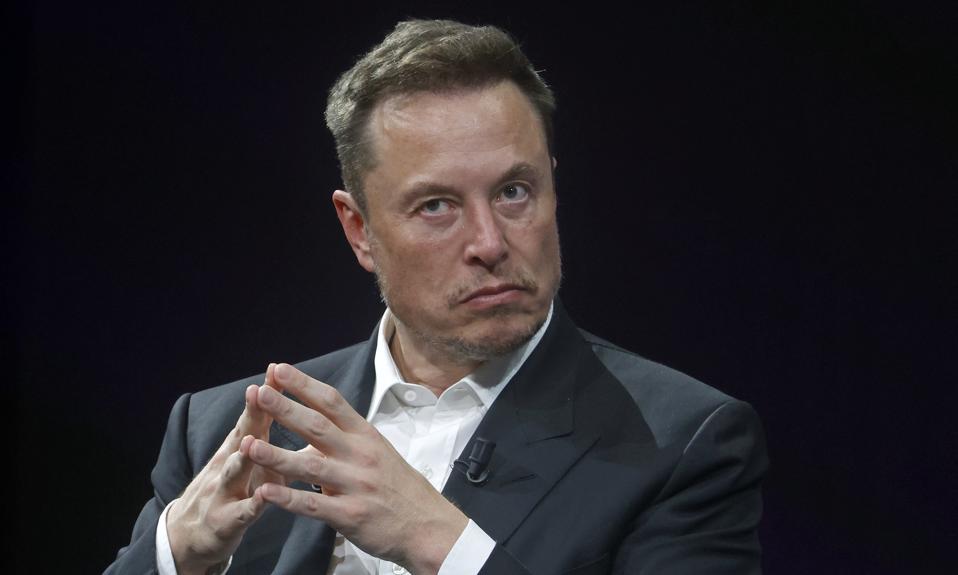Elon Musk, a controversial figure known for his polarizing opinions, has increasingly associated himself with far-right figures and conspiracy theories. His acquisition of Twitter has amplified concerns about hate and misinformation, leading to heightened scrutiny of his public statements. While Musk’s language often ventures into the provocative or even non-sensical, his opinions are widely-read and can influence public discourse, so it’s essential to dissect his recent critique of diversity, equity, and inclusion (DEI) initiatives and evaluate its validity.
Even Broken Clock Elon Gets DEI Right This Time
Undoubtedly, the pursuit of diversity, equity, and inclusion is a commendable goal for all organizations. Fostering fair, safe, and inclusive workplaces cultivates an environment where individuals from diverse backgrounds can thrive, offering a broader spectrum of talent and perspectives. However, Elon Musk raises valid concerns about some DEI programs being taken to extremes, resulting in unintended consequences.
In a tweet, Musk boldly declared, “DEI must DIE.” While his choice of words may lack sophistication and remind one of a tired trope, his critique addresses a real issue — certain DEI initiatives, initially aimed at ending discrimination, may inadvertently introduce new forms of unfairness. Musk’s concerns about rigid quotas and decisions based solely on representation rather than qualifications have logical merit. Policies that prioritize diversity at all costs can foster resentment in those left behind (i.e., not ‘included’) and, paradoxically (or more frankly, irrationally), ultimately end up undermining the intended goals of DEI.
Additionally, tying executive compensation strictly to numeric DEI targets, as exemplified by Starbucks or IBM, risks compromising decision-making and pressuring leaders to prioritize optics over team optimization. Musk’s critique, albeit extreme, points to a broader trend where well-intentioned initiatives can inadvertently lead to negative consequences.
A Moderate Centrist Path On Diversity and Inclusion
Musk’s hyperbolic call for DEI to “die” may be overstated, but it taps into other genuine frustrations I have written about, such as Bari Weiss’, about the potential excesses of diversity initiatives. Yet, abandoning DEI altogether is not a solution, especially considering the persistent inequities that exist. A moderate centrist approach is necessary.
Acknowledging the historical discrimination that created the existing structural barriers is foundational and essential. But this path must walk a tightrope of recognizing these injustices while at the same time also striving for fair solutions that uplift all members of society. Heavy-handed policies, while attempting to rectify these wrongs, will surely create resentment and new forms of unfairness. Striking this fine balance is crucial: removing obstacles to equal opportunity without overcorrecting and disadvantaging others.
Reforming flawed diversity policies that feel punitive is thus necessary, while preserving those that genuinely expand access. Championing moderate political leaders who emphasize universal principles over divisive rhetoric is also imperative. Voices calling for loftier ideals of pluralism and open discourse, exemplified by figures like David Brooks, with whom I align, instead of resorting to demonization, are the ones that ultimately contribute to a genuinely inclusive diversity dialogue. Embracing nuance, wisdom, and steering clear of extremes are pivotal for fostering our collective progress.
DEI must be framed as providing everyone fair chances to prove their merit, rather than favoring specific groups, and balancing equality of access and representation while preserving space for merit to rise is the key. Leadership should empower excellence across diverse backgrounds, avoiding the mere tokenism of diversity for its own sake or, the opposite — ignoring or perpetuating the inequalities that exist.
Balancing Critique and Constructive Reform in DEI Is Needed
While Elon Musk’s critique may be provocative, it underscores the need to improve misguided DEI policies before they damage the reputation of all inclusion efforts in our society. While his extreme language is a negative provocation, it is crucial to extract the underlying message — the need to address deficiencies in current initiatives without dismissing the broader goals of diversity, equity, and inclusion. Criticism and reevaluation are warranted for policies that feel antagonistic or absolutist, as they risk fueling backlash and hindering progress. The danger lies not in the critique itself but in the potential erosion of public trust if valid concerns are ignored. This should be a clarion call to improve, rather than abandon, DEI efforts.
As open-minded champions of inclusion, it is incumbent upon us to embrace constructive criticism even when the message is harsh and comes from seemingly unlikely sources. Musk’s bombastic rhetoric may be divisive, but within it lies an opportunity for self-reflection and improvement. DEI advocates must take this wake-up call seriously to develop and advance a new, better version of DEI, Diversity 2.0, which will address misguided policies and ensure that inclusion efforts truly align with the original, noble goals.
The journey of improving DEI initiatives will require a steadfast commitment to nuanced and thoughtful approaches. It will demand constant reassessment of strategies to avoid unintended consequences, and it will necessitate a measured and pragmatic path forward. In redefining diversity, equity, and inclusion efforts, wisdom and courage should guide a balanced approach that uplifts all individuals in society. Only by commencing with the shared principles of open-heartedness, mutual respect, and care for each one of us, regardless of identities, can we bridge gaps and unite people to achieve our common universal hopes.

